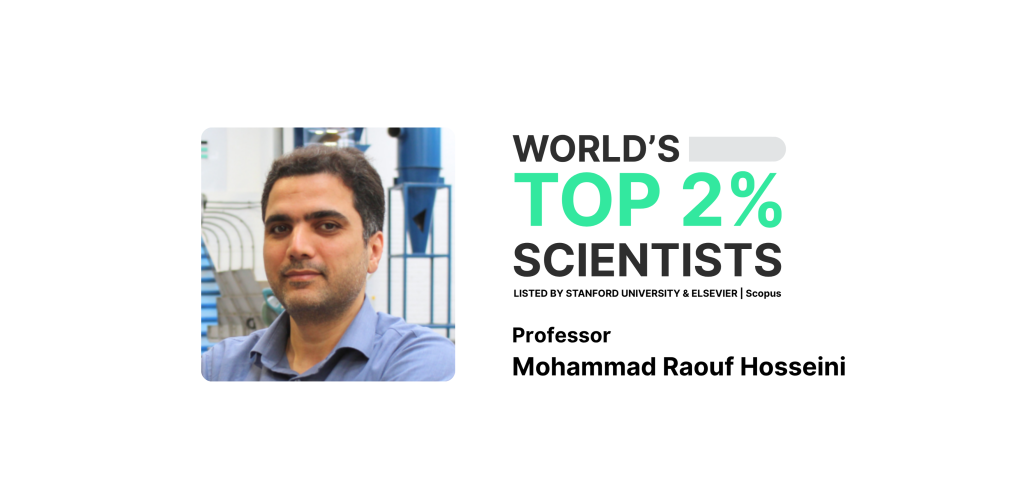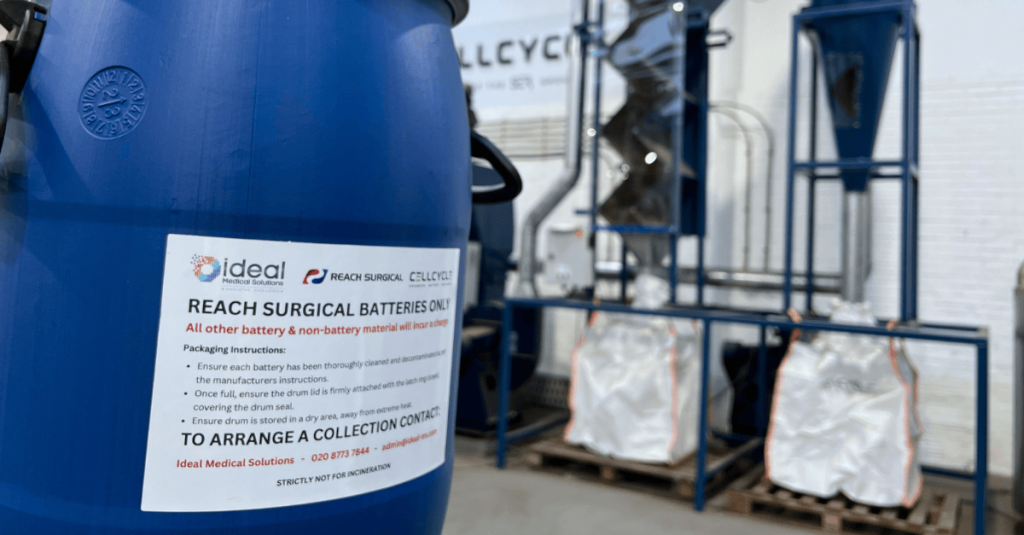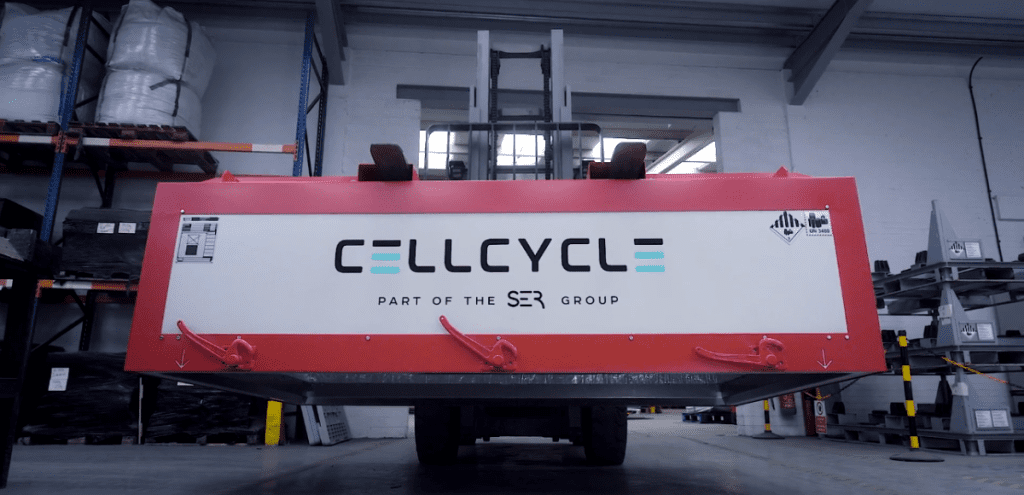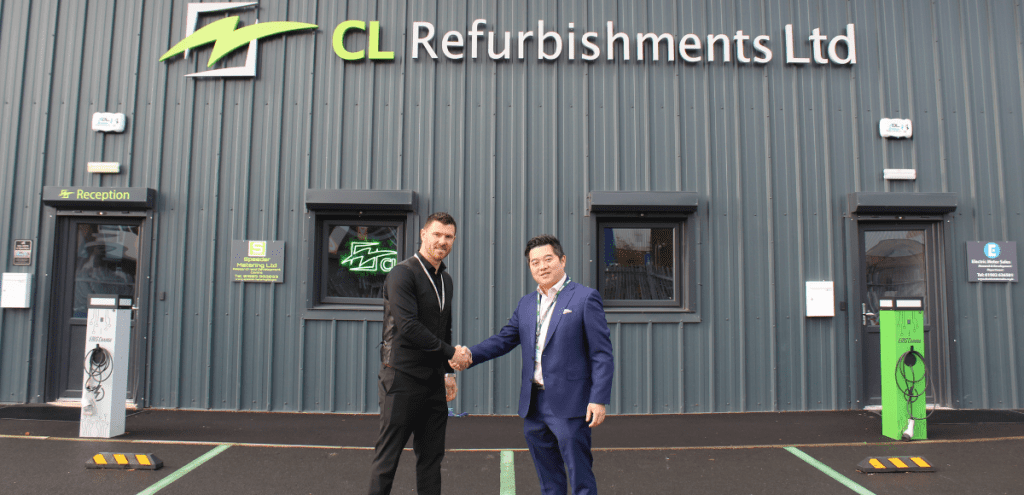Cellcycle Ltd is proud to announce that our esteemed Associate Professor, Dr Raouf Hosseini, has been recognised among the top 2 % of scientists worldwide by Stanford University in collaboration with Elsevier for the third consecutive year.
This prestigious recognition highlights Dr Hosseini’s significant contributions in the fields of biotechnology, materials science, and sustainable energy systems. His research plays an integral role in advancing Cellcycle’s lithium battery recycling innovations, supporting our mission to establish sustainable and circular solutions for end-of-life batteries.
About the Top 2 % List
The “Top 2 % Scientists” ranking is a global database developed by Stanford University in partnership with Elsevier, using citation data from the Scopus database.
Some key details about this ranking:
- Researchers are classified across 22 major scientific fields and 174 sub-fields in the latest dataset.
- It applies standardised bibliometric indicators such as total citations, h-index, co-authorship adjustments, and a composite citation score (c-score) to identify researchers within the top percentile of their discipline.
- The dataset covers both career-long performance and single-year impact.
- The most recent version (August 2025 snapshot, covering citation data through 2024) identifies authors ranked in the top 2 % of their sub-field or within the top 100,000 scientists globally by c-score.
Being included in this list demonstrates that a researcher’s work is among the most influential in their discipline worldwide and serves as a benchmark of research excellence and global impact.
What this means for Cellcycle
Dr Hosseini’s recognition underscores the calibre of expertise within Cellcycle’s research and development team. Beyond his academic achievements, he is leading the company’s innovative refining initiative LithiumCycle process toward pilot scale, as we aim to establish the UK’s first sustainable, bio-based lithium-ion battery refinery.
Under Professor’s Raouf leadership in Lithiumcycle process, our second laboratory that currently launched in our site represents a crucial step toward achieving full commercial-scale refining capacity, enabling the sustainable recovery of critical materials and strengthening the UK’s domestic battery supply chain through advanced lithium battery recycling technologies.
Commenting on the recognition, Dr Hosseini said:
“It is an honour to be included once again among the world’s leading scientists. This recognition belongs equally to my colleagues and students at Isfahan University of Technology, as well as to the exceptional teams at Coventry University and Cellcycle, whose collaboration continues to drive real progress in sustainable battery recycling.”
At Cellcycle, we remain committed to developing and scaling next-generation lithium battery recycling technologies that reduce environmental impact, close the loop in the battery lifecycle, and support the transition to a circular, net-zero future.



